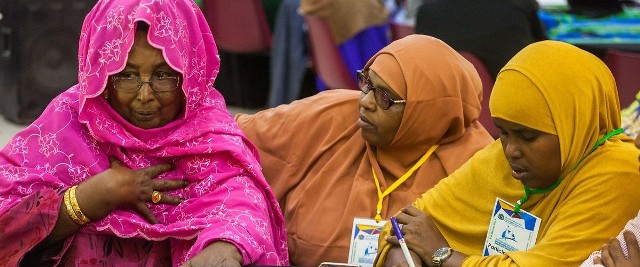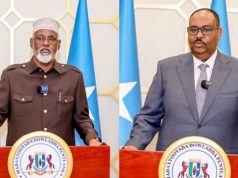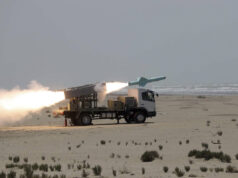
Somalia is at a crossroads in the promotion and protection of women’s rights. The Provisional Constitution, agreed upon in 2012, is currently being revised. In 2020, Somalis are to adopt their new constitution through a public vote. In 2020–21, they will participate in the first one-person one-vote elections in the country in decades, and new electoral laws to govern these and future polls are starting to be drafted.
These processes could make 2020, the year of the twentieth anniversary of United Nations Security Council resolution 1325, a turning point for women in Somalia. Women and girls in Somalia have faced enormous burdens throughout the country’s history of civil war. Conflict and displacement caused by drought and floods have aggravated high levels of sexual and gender-based violence. This violence destroys women’s lives, the health and welfare of households, the cohesion of communities, and trust in the state. Estimated to affect 98 percent of Somali women and girls, female genital mutilation (FGM) further undermines their health and access to education.
Despite these and other burdens, women have played active roles in sustaining communities in Somalia. During conflict, women became breadwinners for most families. They now head about half of all households, a percentage that continues to increase. Women’s organizations have made, and continue to make, key contributions to the delivery of essential services, including healthcare and education. Women have also played important roles in building peace, using their positions within clans, communities, and the home to foster dialogue and reconciliation between conflicting groups.







